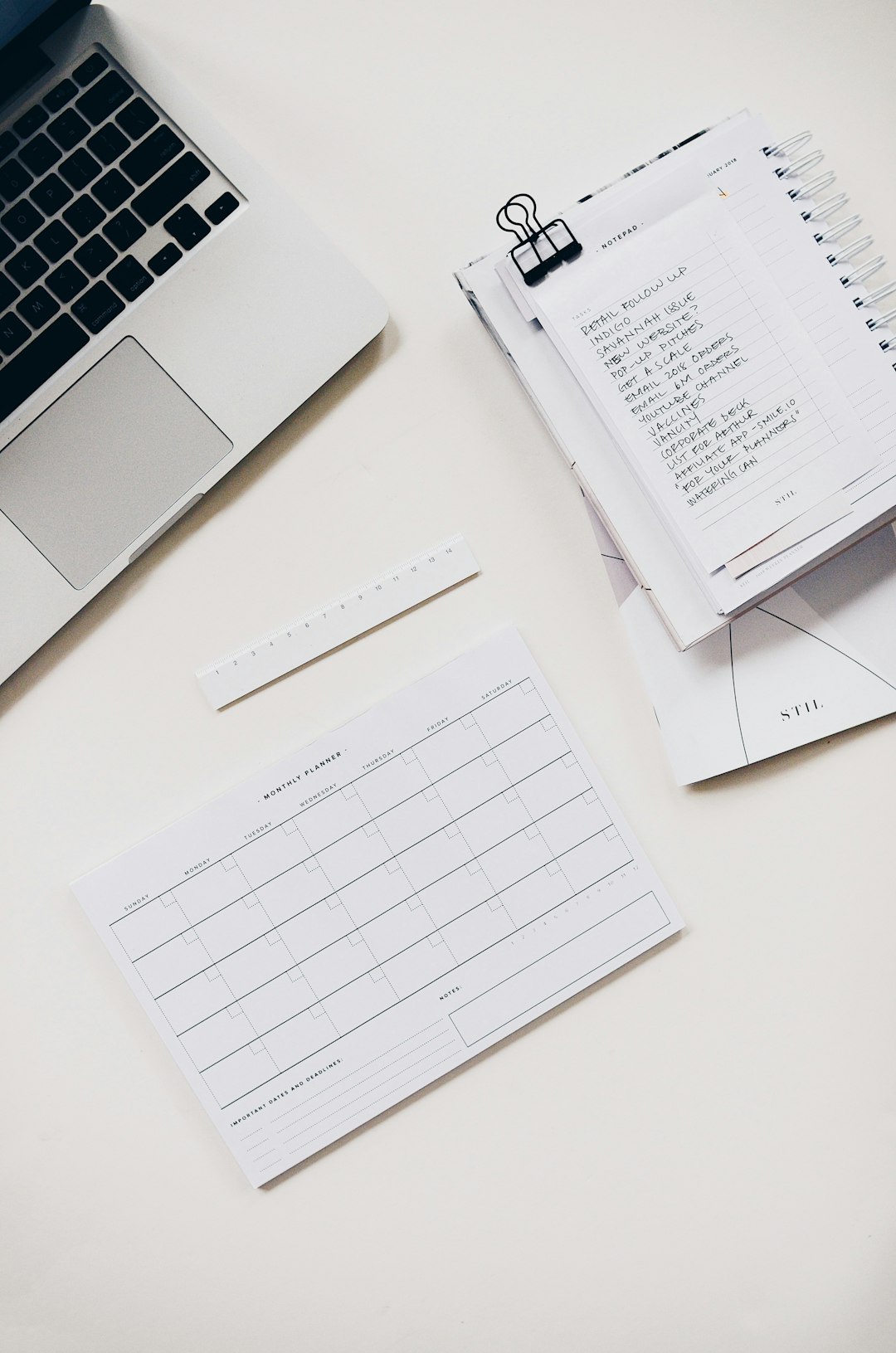Reducing the cognitive burden
27.01.2020
Many of us have challenges to balance the cognitive burden of modern work life. Being continuously connected and available delivers a flood of distractions to us and allures us to participate in various tasks simultaneously. To stay productive and to avoid excess stress, it is crucial to pay attention to your working habits.

- Multitasking is known to be both inefficient and exhausting. It can also be quite deceptive, as it often makes you feel being way more efficient than you really are. Try to focus on one thing at a time.
- Orienting to a new task takes time and effort. Therefore it is more efficient to work on similar tasks in a row instead of continuously changing the task at hand or letting emails and social media notifications to interrupt you.
- Take time for planning and scheduling your tasks. This helps both organize your work more efficiently and to avoid excess meta work. Deciding what to do on the fly rarely is the most efficient way to get things done, or even started.
- Pay attention to reducing interruptions and distractions. Hiding notifications or silencing your smartphone and letting your colleagues know you are occupied may help to reduce the cognitive burden remarkably.
Taking control over how your work can dramatically change how efficient you are and how much stress the work causes you. Setting common rules in your team can help to improve both productivity and wellbeing for all.
What common rules for availability could your team set to reduce distractions?
Many of us have challenges in balancing the cognitive burden of modern work life.
